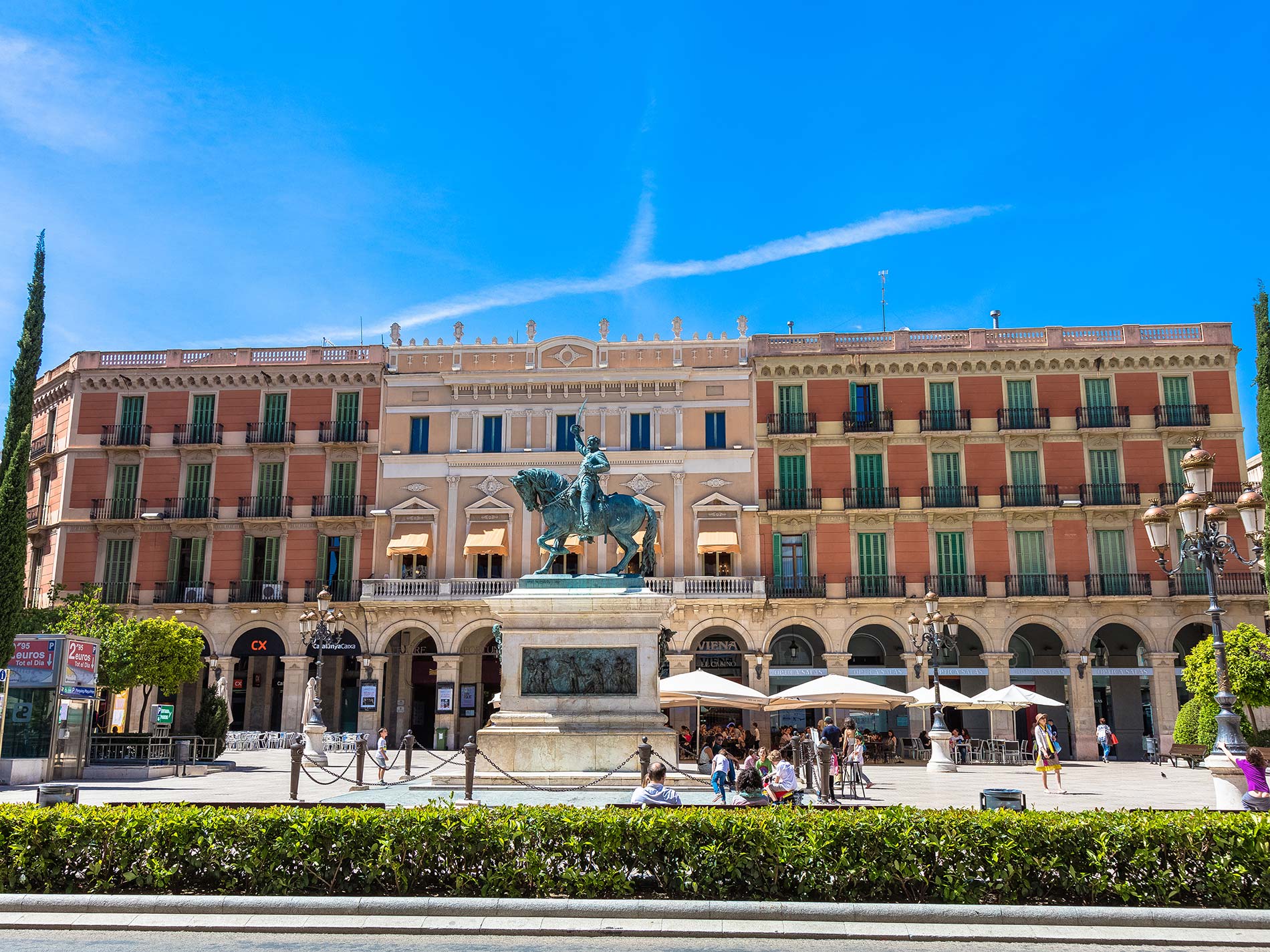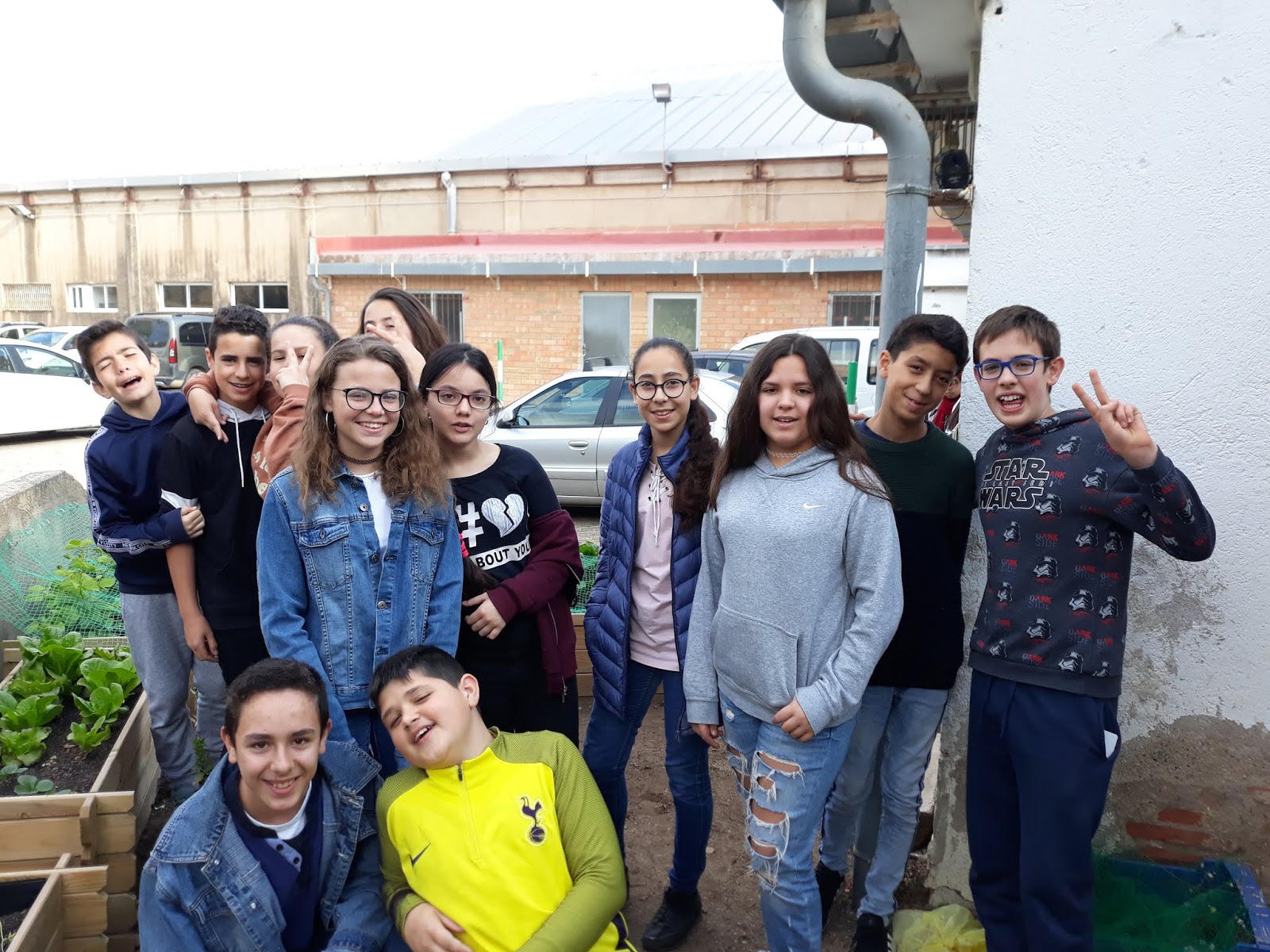Reus: Catalonia's Baix Camp Capital - An In-Depth Guide For Your Discovery

'Reus. Ciutat amb geni' és la nova marca turística de la capital del - Source tarragonaempresarial.com
Editor's Notes: "Reus: A Comprehensive Guide To The Capital Of Baix Camp, Catalonia" has been published today. This guidebook offers an in-depth analysis of the region, providing essential information for travelers and locals alike.
We understand the importance of making informed decisions, which is why we've analyzed and synthesized key information to present you with this comprehensive Reus guide. Our goal is to empower you with the insights and knowledge necessary to enrich your experience in this captivating Catalan destination.
Key Takeaways:
| Aspect | Highlights |
|---|---|
| Historical Significance | Reus played a pivotal role in Catalonia's modernist movement and is home to numerous architectural gems. |
| Cultural Heritage | Immerse yourself in Reus' rich traditions through its festivals, museums, and local cuisine. |
| Economic Hub | Reus is a commercial center, with a thriving retail sector and a strong industrial presence. |
| Transportation | Well-connected by road, rail, and air, Reus offers easy access to nearby cities and attractions. |
| Tourism | Reus attracts visitors with its charming streets, historical landmarks, and diverse cultural offerings. |
Main Article Topics:
FAQ
This comprehensive FAQ section provides answers to some of the most frequently asked questions about Reus, Spain. Whether you're a first-time visitor or a long-time resident, this guide will help you gain a deeper understanding of this captivating city.
Frequently Asked Questions:
1. What is Reus best known for?
Reus is renowned for its rich architectural heritage, with notable landmarks such as the Gaudí Centre and the Museu Salvador Vilaseca. The city also boasts a vibrant art and culture scene, with museums, theaters, and music venues.
2. Where is Reus located?
Reus is situated in the Baix Camp region of Catalonia, Spain, approximately 100 kilometers southwest of Barcelona.

Las 8 mejores Clínicas de Psicología en Reus - Source psicologiaymente.com
3. What is the best way to get around Reus?
The city has a well-developed public transportation system, including buses and trains. Visitors can also rent bicycles or explore the city on foot.
4. What are some of the must-see attractions in Reus?
Reus offers an array of attractions, including the Gaudí Centre, Museu Salvador Vilaseca, Casa Navàs, and the Reus Art Nouveau Centre.
5. Where can I find the best restaurants in Reus?
Reus has a diverse culinary scene, with restaurants ranging from traditional Catalan to international cuisine. Some highly recommended restaurants include El Llagut, Les Voltes, and Casa Rull.
6. Is Reus a good place to stay for tourists?
Yes, Reus is an excellent destination for tourists, offering a blend of history, culture, and modern amenities. The city has a wide selection of hotels and guesthouses to accommodate visitors.
For more detailed information about this fascinating city, refer to Reus: A Comprehensive Guide To The Capital Of Baix Camp, Catalonia.
Tips
When visiting Reus, there are several tips to keep in mind to ensure a fulfilling experience.
Tip 1: Explore Architectural Heritage: Visit the modernist buildings designed by Antoni Gaudí, including the Casa Navàs and Casa Gasull. These architectural gems showcase the city's rich history and artistic legacy.
Tip 2: Dive into Local Culture: Immerse yourself in Reus's bustling Plaça del Mercadal, a central gathering point with a lively atmosphere and numerous cafes and restaurants. Experience the local ambiance and engage with the friendly residents.
Tip 3: Discover Artistic Treasures: Visit the Museu Salvador Vilaseca, which houses a significant collection of works by the renowned Catalan painter. Explore the Museu d'Art i Història de Reus for insights into local history and cultural heritage.
Tip 4: Savor Reus's Gastronomy: Indulge in traditional Catalan dishes such as arròs negre (black rice) and calçots (grilled scallions) at local restaurants. Sample the city's famous vermouth at one of the many bars specializing in this popular aperitif.
Tip 5: Attend Local Festivals: Experience the vibrant spirit of Reus during its traditional festivals, such as La Mercè and the Festa Major de Sant Pere. These events feature colorful parades, musical performances, and traditional dances, offering a unique glimpse into the city's cultural identity.
Tip 6: Venture Beyond the City Center: Explore the surrounding area of Baix Camp, known for its picturesque landscapes and charming towns. Visit the Priory of Scala Dei, a historic monastery set amidst vineyards, or discover the beaches along the nearby Costa Daurada.
Tip 7: Respect Local Customs and Traditions: As a guest in Reus, it is important to be respectful of local customs and traditions. Dress appropriately when visiting religious sites and avoid speaking loudly in public areas. Show gratitude to the community by supporting local businesses.
By following these tips, travelers can make the most of their visit to Reus, experiencing its rich cultural heritage, vibrant atmosphere, and welcoming spirit.
Reus: A Comprehensive Guide To The Capital Of Baix Camp, Catalonia
The vibrant city of Reus, the capital of the Baix Camp region in Catalonia, Spain, offers a rich tapestry of history, culture, and modern amenities. From its architectural heritage to its bustling commercial center and thriving cultural scene, Reus is a multifaceted destination that captivates visitors.
- Historical Legacy: Reus boasts a rich historical legacy, with notable landmarks such as the Gaudi Centre and the Reus Art Nouveau Route.
- Architectural Treasures: The city showcases an array of architectural styles, including Art Nouveau, Modernist, and Renaissance, adding to its aesthetic charm.
- Cultural Vibrancy: Reus is a hub of cultural activity, hosting festivals like the Trapezi Circus Fair and the Reus Jazz Festival.
- Commercial Center: Reus serves as a commercial hub for the region, renowned for its thriving retail sector, shopping malls, and markets.
- Modern Infrastructure: The city is well-connected by transportation networks, providing easy access to major cities and destinations.
- Gastronomic Delights: Reus is a culinary paradise, famous for its traditional dishes, including "calçots" (grilled spring onions) and "rossejat" (rice with seafood).
These key aspects intertwine, creating a compelling experience for visitors to Reus. The city's heritage and architectural beauty blend seamlessly with its modern amenities and cultural vitality, offering a glimpse into Catalonia's past while embracing the present. Its commercial center, transportation infrastructure, and gastronomic offerings cater to the needs of both residents and tourists, highlighting Reus as a dynamic and multifaceted destination that combines tradition with progress.

BIOLOGY & GEOLOGY by INS Baix Camp: Amazing strawberries! - Source biologyandgeologyinsbaixcamp.blogspot.com

CASA QUEROL - REUS | Reus, Big ben, Camping - Source www.pinterest.com
Reus: A Comprehensive Guide To The Capital Of Baix Camp, Catalonia
Reus, the capital city of Baix Camp, Catalonia, Spain, boasts a rich history and culture that has shaped its present-day identity. This comprehensive guide delves into various aspects of Reus, providing insights into its heritage, landmarks, attractions, and significance as the capital of Baix Camp.

NAM Arquitectura | a f a s i a - Source afasiaarchzine.com
One of the most notable aspects of Reus is its architectural heritage. The city is home to numerous historical buildings, including churches, monasteries, and palaces, which showcase the architectural styles that have influenced Reus over the centuries. The city's modernist architecture is particularly noteworthy, with iconic buildings designed by renowned architects such as Antoni Gaudí and Lluís Domènech i Montaner.
Reus is also renowned for its cultural and artistic traditions. The city has a vibrant arts scene, with various museums, galleries, and theaters. The Museu de Reus, the city's main museum, houses a diverse collection of art and artifacts that provide a glimpse into Reus's history and culture. The city is also known for its traditional festivals, such as the Festa Major de Sant Pere, which attracts visitors from near and far.
As the capital of Baix Camp, Reus plays a vital role in the region's economy, politics, and culture. The city is a hub for trade and commerce, with a strong industrial and agricultural base. Reus is also home to several educational institutions, including the Universitat Rovira i Virgili, which contributes to the city's intellectual and cultural vitality.
In conclusion, Reus is a multifaceted city that offers a rich tapestry of history, culture, and economic vitality. This comprehensive guide provides a glimpse into the essence of Reus, showcasing its architectural heritage, cultural traditions, and its significance as the capital of Baix Camp, Catalonia.
Informative Table:
| Aspect | Description |
|---|---|
| Architectural Heritage | Historic buildings, churches, monasteries, modernist architecture |
| Cultural Traditions | Arts scene, museums, galleries, theaters, traditional festivals |
| Economic Role | Hub for trade and commerce, industrial and agricultural base |
| Educational Institutions | Universitat Rovira i Virgili, intellectual and cultural vitality |
Conclusion
Reus, as the capital of Baix Camp, Catalonia, stands as a testament to the enduring legacy of its past and the vibrant spirit of its present. Its cultural heritage, architectural beauty, and economic prowess make it a city worth exploring and experiencing. Understanding the significance of Reus as a capital city enriches our appreciation for its role in shaping the region and its enduring contributions to Catalonia.
As we look to the future, Reus continues to evolve and adapt, embracing new opportunities while preserving its rich traditions. The city's commitment to innovation and sustainability sets the stage for a promising future, ensuring that Reus remains a thriving center of culture, commerce, and community.
